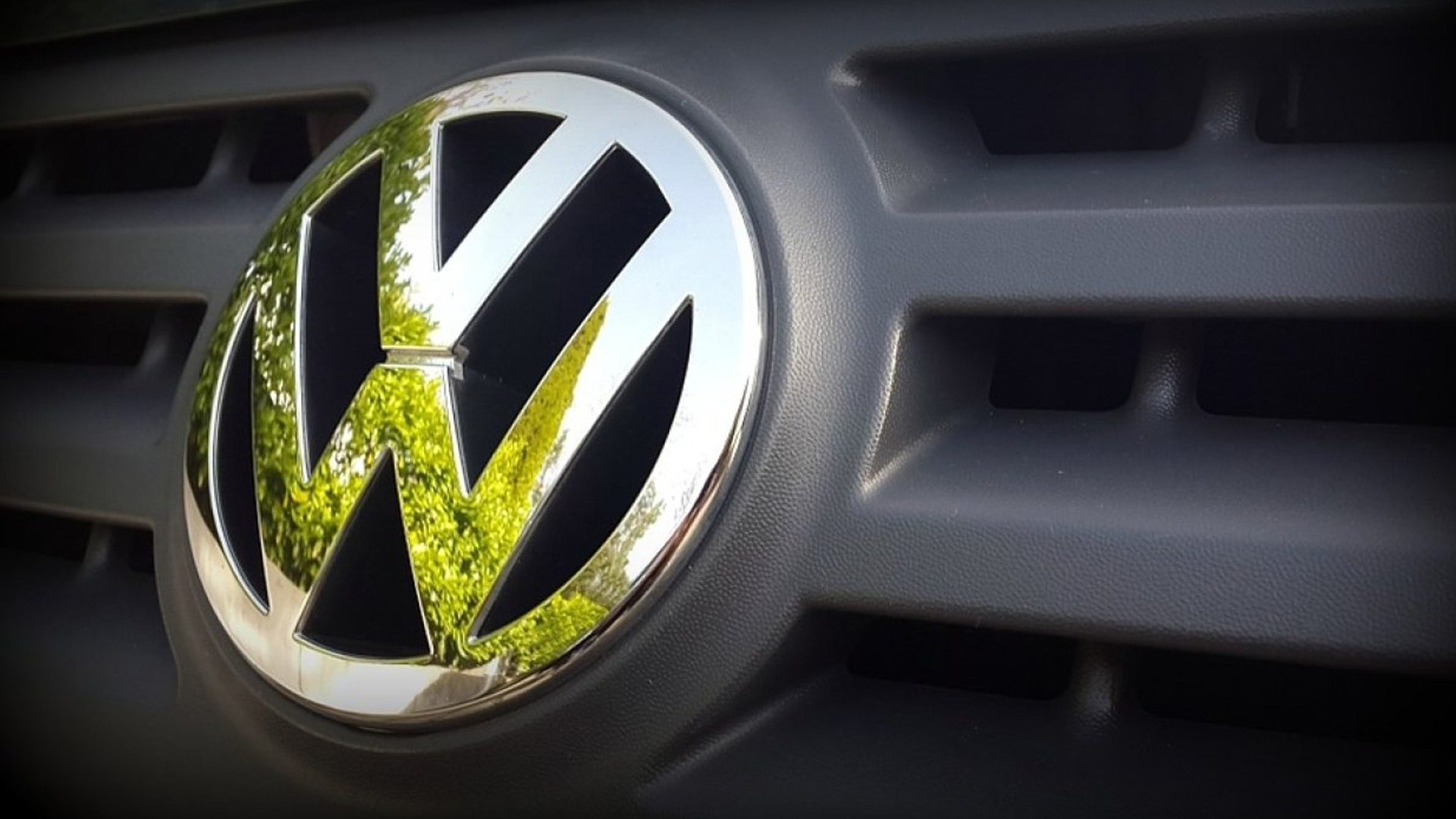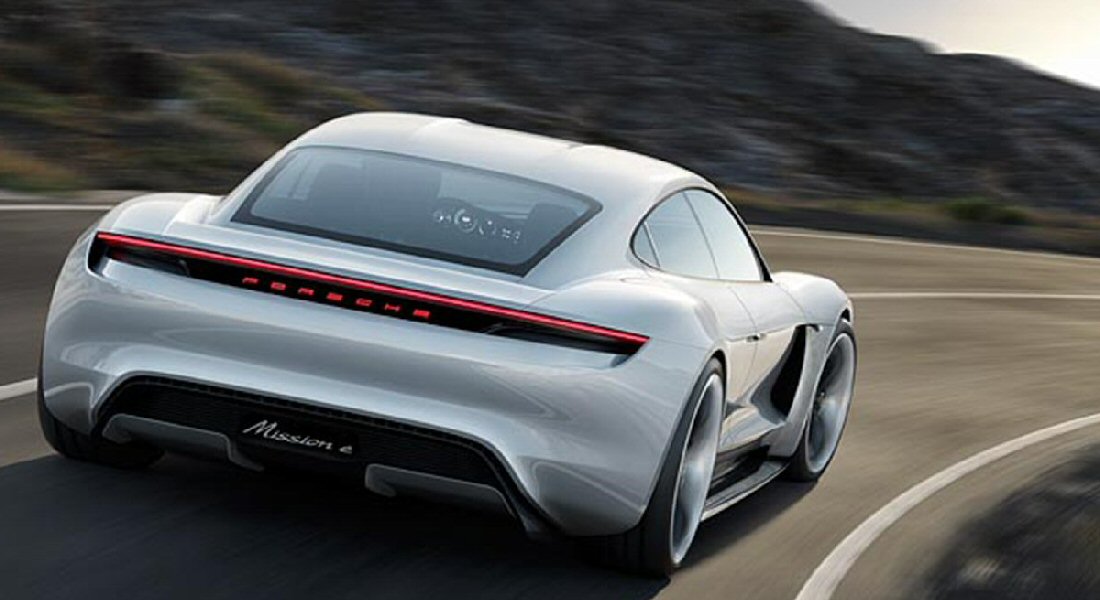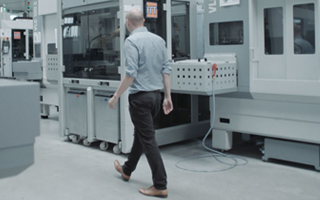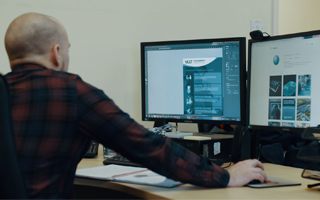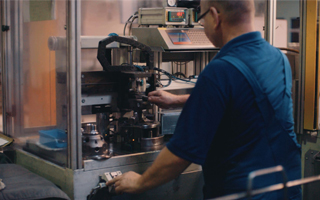What Will Power Electric Vehicles and Why?
20th May 2019
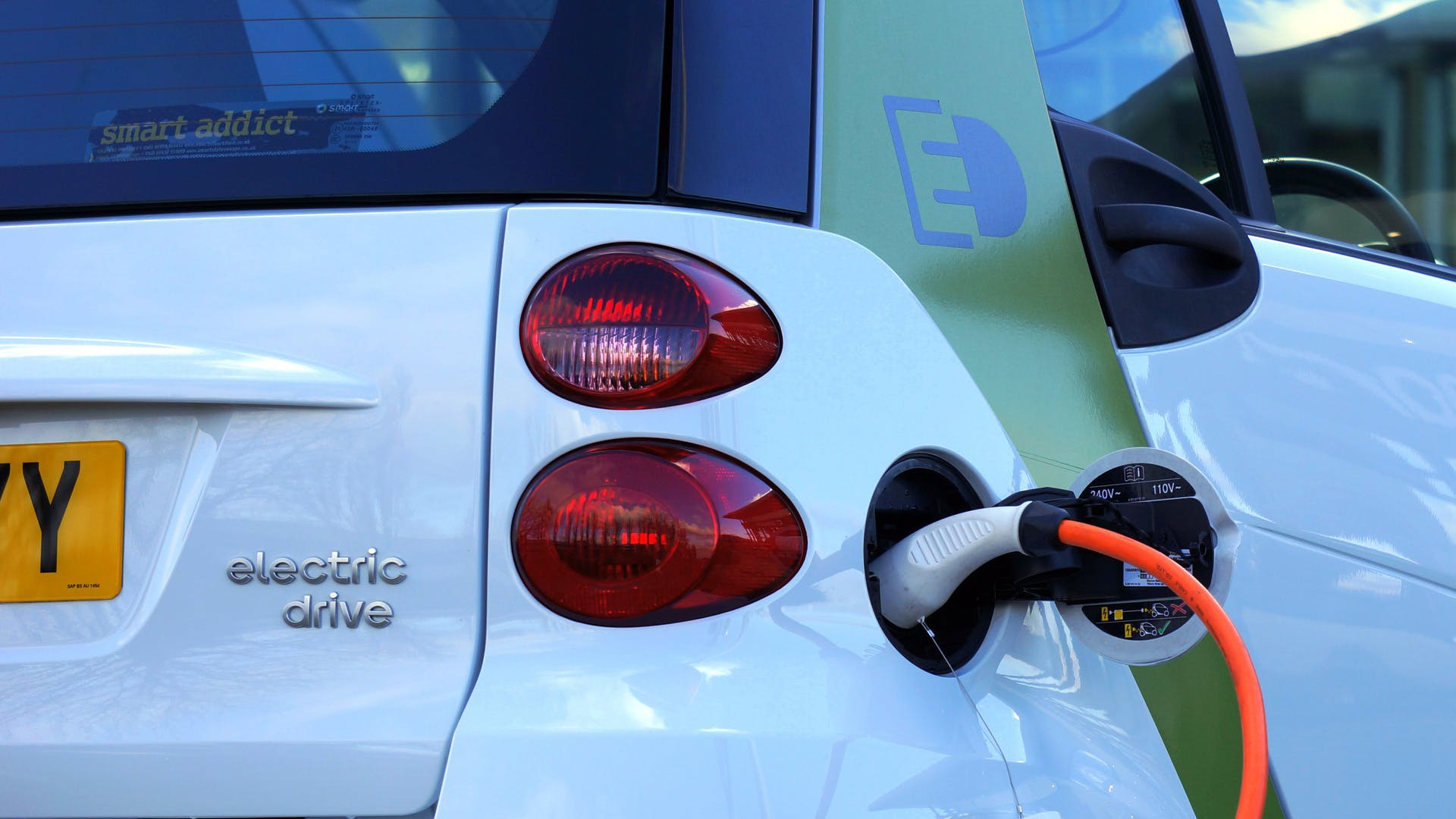
Just recently we wrote an article about how the major German automotive manufacturers comprising Volkswagen, Daimler and BMW had come to an agreement on aligning their efforts towards vehicle electrification.
It seemed the hard wrangling was over, and German automotive as a whole was ready to go ahead. However, not so fast say two of the world’s biggest independent automotive component suppliers.
A second battle for the electrified future has now begun between the newly unified car makers and the firms that make a great many of their parts, namely Bosch and Continental - who are the world’s 1st and 4th biggest suppliers respectively.
The car makers have decided to stake their futures on Battery powered Electric Vehicles (BEVs), while the part makers believe Fuel Cell powered Electric Vehicles (FCVs or FCEV’s) are the way forward.
The reasons for the difference of opinion are a curious case of short versus long term planning – depending on your point of view.
BEVs
Car makers state the only way they can meet the strict emissions targets set by governments and avoid substantial fines is to go down the BEV route. A BEV releases half the amount of carbon into the atmosphere as an Internal Combustion Engine (ICE) powered vehicle does, and would no doubt help them achieve their targets.
It sounds noble but doesn’t quite paint the full picture.
Despite meeting the targets for vehicle emissions, they don’t account for the real carbon cost of a BEV as the majority of its emissions are created during the production phase of the vehicle. A fact the car makers are willing to ignore as something that’s not their problem, as their emission targets don’t account for it.
In fact once the lifetime emissions total is accounted for, the example comparison given by Volkswagen themselves of a Golf TDI versus an e-Golf only managed to achieve a 15% drop.
Let that sink it. The named and shamed super dirty and polluting diesel was only 15% worse than one of the environmentally friendlier alternatives.
The reason for this is the batteries themselves. They require complex extraction and production methods that generate large volumes of emissions.
To further compound the problem, most of the worlds battery suitable metal sources are located in China - which has a less than exemplary record in pollution control, to put it mildly.
This means for the all the good intent behind switching to electric vehicles, powering them with batteries is merely shifting the problem elsewhere rather than solving it.
Batteries may get the car makers over the line for meeting current emission targets, but don’t go far enough in actually addressing one of the key motivations behind setting those limits in the first place – reducing global emission levels.
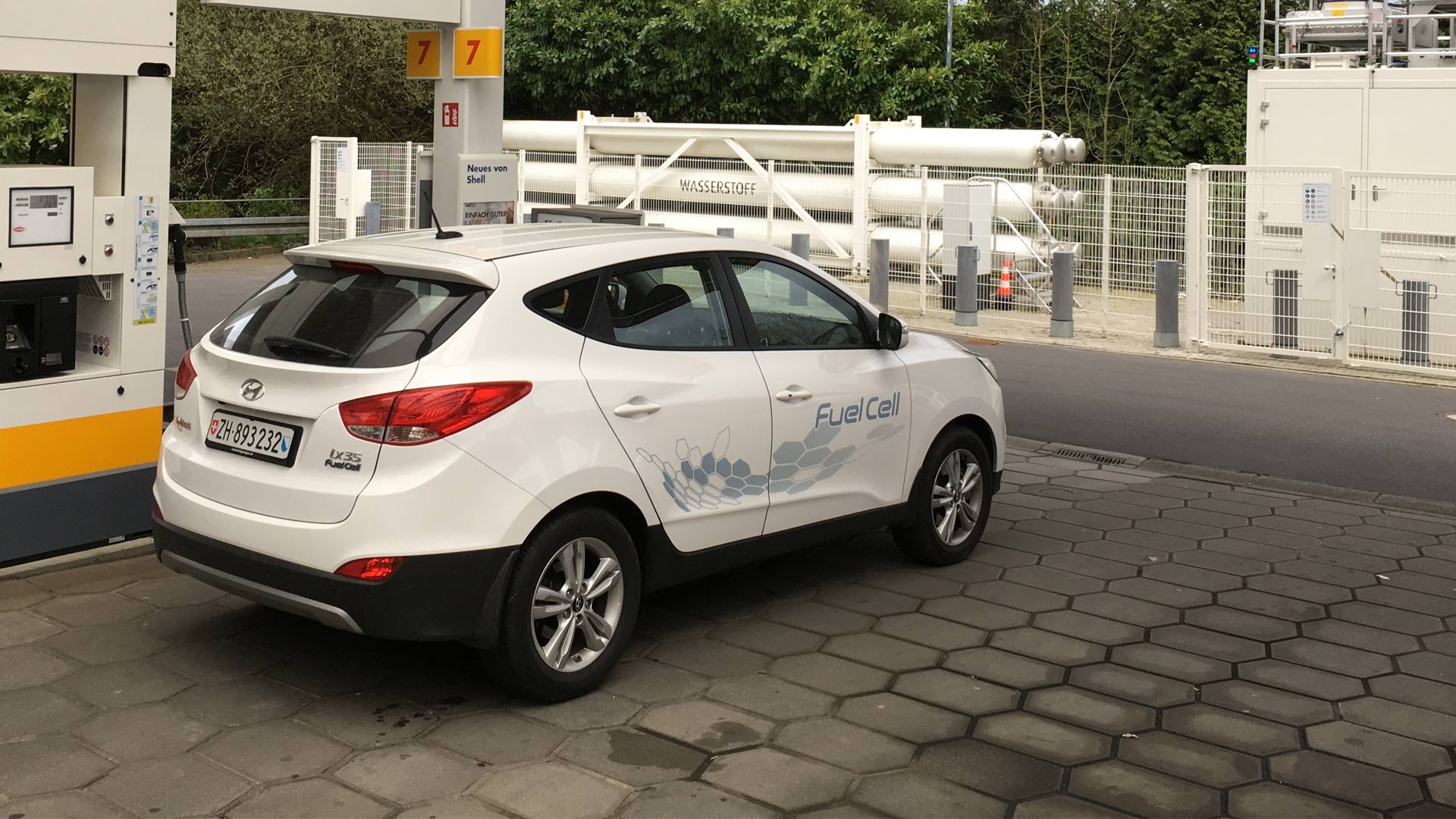
FCVs
The part suppliers believe fuel cells are the future despite what German automotive has agreed. They see it as a far better long-term solution to mass transit needs and lessening its environmental impact.
When looking into the arguments for them, it’s hard to disagree. Bosch are already planning to go ahead with large scale fuel cell production, predicting a sizeable portion of the Electric Vehicle market will be using them in the future.
FCVs match BEVs for having zero emissions at a vehicular level. Fuel cells also exhibit a similar emission level per mile as BEVs based on the methods used to generate their power, be it fossil fuelled power stations or renewal energy sources.
Crucially, they don’t carry the associated production process pollution that batteries do. The hydrogen itself stores the energy, in the same way as fossil fuels, eliminating the need for a complex storage mechanism.
Hydrogen would even use the same refuelling infrastructure as the current petrol/diesel network. The steps needed to switch over to hydrogen use and storage would be far easier to accomplish than those needed to replace it all with an electrical recharging network. Filling up the tank would still only take a few minutes too.
The scarcity of hydrogen is the only real stumbling block. It may be the most abundant element in the universe but it’s hard to come by on earth.
Creating hydrogen itself isn’t the problem as it’s actually quite simple. It can be produced by reversing the electrolysis process used to obtain energy from hydrogen – by combing water with energy
(electricity) to instead produce hydrogen.
The problem is there aren’t enough production facilities to meet the demands of a vehicle network dependant on it.
It’s a standoff between supply and demand, as car companies don’t want to risk building cars without an adequate supply, and energy firms won’t increase production without a substantial increase in demand.
With some of the world’s biggest car companies now throwing their weight behind BEVs, it makes realising hydrogen powered mass transit that much harder to achieve.
Short Term Gains, Long Term Losses
The benefits to using hydrogen fuel cells over batteries are quite obvious and represent the scale of difference needed to justify the obsoletion of close to 1.5 billion vehicles.
A 15% reduction in emissions is a poor substitute for its potential and switching to batteries for the reasoning of hitting a target intended to address long term problems, is short sighted at best.
What’s truly astounding is that if the energy used to convert hydrogen back and forth is derived from a renewable source, hydrogen is completely emission free. Yes, a completely environmentally friendly energy source with the potential to solve a key global issue is being ignored, because of a target.
A classic case of short-term financial gains in exchange for long term losses everyone will count the cost of.



